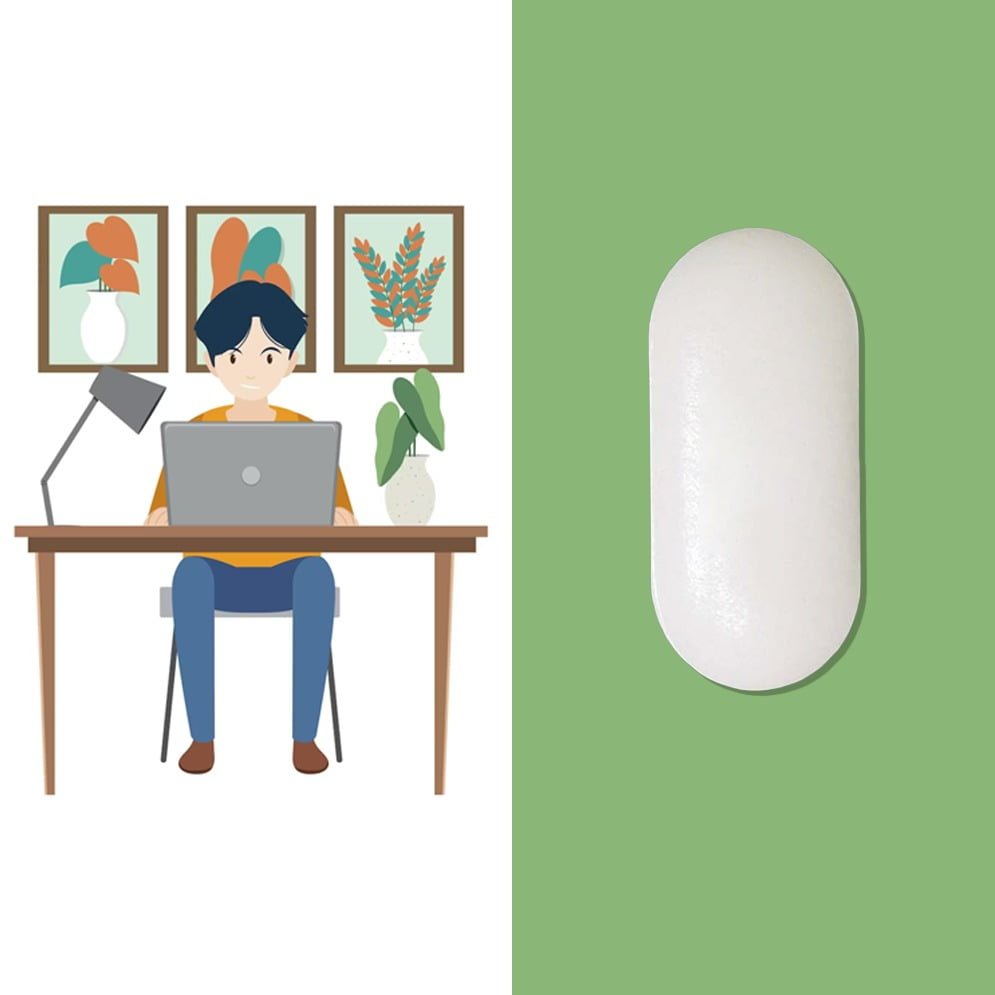Table of Contents
- Introduction to Shift Work Sleep Disorder
- Understanding the Causes of Shift Work Sleep Disorder
- Signs and Symptoms of Shift Work Sleep Disorder
- Medical Treatments for Shift Work Sleep Disorder
- Evaluating the Effectiveness of Shift Work Sleep Disorder Medications
- Purchasing Medications from WorldPharmaCares
- Tips to Complement Medication Use for Shift Work Sleep Disorder
- Personal Experiences and Case Studies
- Conclusion
- References
Introduction to Shift Work Sleep Disorder
In today’s high-paced world, cognitive enhancers like Modafinil have become a sought-after solution for those seeking enhanced mental performance. While names like Modalert 200 and Modvigil 200 might resonate with many, it’s essential to delve deeper into the science behind this powerhouse and understand its inner workings.
Understanding the Causes of Shift Work Sleep Disorder
Our bodies operate on a roughly 24-hour cycle known as the circadian rhythm. This rhythm, governed by a “master clock” in our brain, regulates many physiological processes, including the sleep-wake cycle. When a person’s work schedule requires them to be awake and active during the biological night and sleep during the biological day, it can disrupt the circadian rhythm, leading to SWSD.
Signs and Symptoms of Shift Work Sleep Disorder
Symptoms of SWSD can vary, but they typically include chronic sleep disturbances such as insomnia, excessive sleepiness, difficulty concentrating, lack of energy, and even depression. Because these symptoms can be severe and persistent, seeking treatment for SWSD is crucial for maintaining both physical health and work productivity.
Medical Treatments for Shift Work Sleep Disorde
When it comes to treating SWSD, the goal is to minimize sleep disturbances, reduce the symptoms of insomnia and excessive sleepiness, and improve overall quality of life. Various types of medications are used to manage the symptoms of SWSD, ranging from prescription drugs to over-the-counter options.
- Prescription Medications
Prescription medications are often the first line of treatment for SWSD. Stimulants such as modafinil (Provigil) and armodafinil (Nuvigil) are commonly prescribed to reduce excessive sleepiness during work hours. Sedative-hypnotics or non-benzodiazepine sleep aids like zolpidem (Ambien) and eszopiclone (Lunesta) are used to aid sleep during daytime hours.
- Over-The-Counter (OTC) Medications
Over-the-counter sleep aids can also be helpful in managing SWSD symptoms. For example, melatonin, a hormone naturally produced by the body to regulate the sleep-wake cycle, is available as an OTC supplement. It can be used to help shift workers adjust their sleep schedules and improve daytime sleep
Evaluating the Effectiveness of Shift Work Sleep Disorder Medications
The effectiveness of SWSD medications varies from person to person. It depends on the individual’s health, the severity of their symptoms, and their specific work schedule. It’s important to work closely with a healthcare provider to find the most effective treatment plan.
Purchasing Medications from WorldPharmaCares
The effectiveness of SWSD medications varies from person to person. It depends on the individual’s health, the severity of their symptoms, and their specific work schedule. It’s important to work closely with a healthcare provider to find the most effective treatment plan.
Tips to Complement Medication Use for Shift Work Sleep Disorder
While medication plays a critical role in managing SWSD, it is most effective when paired with lifestyle adjustments and good sleep hygiene practices. Here are a few tips:
- Maintain a Consistent Sleep Schedule: Try to go to bed and wake up at the same time every day, even on days off. This can help regulate your body’s clock and improve your sleep.
- Create a Restful Environment: Keep your bedroom dark, quiet, and cool during your sleep hours. Consider using earplugs, an eye mask, or a white noise machine.
- Limit Exposure to Light before Sleep: Exposure to light can signal your body that it’s time to be awake. Try to limit light exposure before going to sleep.
- Stay Healthy: Regular exercise, a balanced diet, and avoiding excessive caffeine and alcohol can all help improve your sleep.
Personal Experiences and Case Studies
To understand the real-world impact of SWSD and its treatments, let’s delve into some anonymized case studies of individuals who have managed their condition effectively with the medications available at WorldPharmaCares:
- Case Study 1: John’s Journey with Modalert 200mg
John, a night-shift nurse, struggled with excessive daytime sleepiness and insomnia for years. After being diagnosed with SWSD, he started taking Modalert 200mg. He reports a significant improvement in his alertness during work hours and better management of his sleep schedule.
- Case Study 2: Lisa’s Experience with Waklert 150mg
Lisa, a rotating-shift worker, often felt excessively sleepy at work and had trouble falling asleep during the day. After her diagnosis with SWSD, she started using Waklert 150mg. Lisa says that the medication has greatly helped her stay awake during her shifts and improved her overall quality of life.
Conclusion
Shift Work Sleep Disorder is a prevalent issue for many individuals working non-traditional hours. However, with the right medication, lifestyle modifications, and support, it’s possible to manage this condition effectively and maintain a high quality of life. Always consult with a healthcare provider to find the best treatment plan for you.
References
Circadian rhythm sleep disorders: part I, basic principles, shift work and jet lag disorders. An American Academy of Sleep Medicine review. Sleep, 30(11), 1460–1483.
https://pubmed.ncbi.nlm.nih.gov/18041480/
Liira, J., Verbeek, J. H., Costa, G., Driscoll, T. R., Sallinen, M., Isotalo, L. K., & Ruotsalainen, J. H. (2014). Pharmacological interventions for sleepiness and sleep disturbances caused by shift work. The Cochrane Database of Systematic Reviews, (8), CD009776.
https://pubmed.ncbi.nlm.nih.gov/25113164/
Khan, W., Jackson, M. L., Kennedy, G. A., & Conduit, R. (2021). A field investigation of the relationship between rotating shifts, sleep, mental health and physical activity of Australian paramedics. Scientific Reports, 11(1), 866.
https://pubmed.ncbi.nlm.nih.gov/33441601/
Post tags:
- Modafinil
- Armodafinil
- Online Pharmacy
- Excessive Daytime Sleepiness



